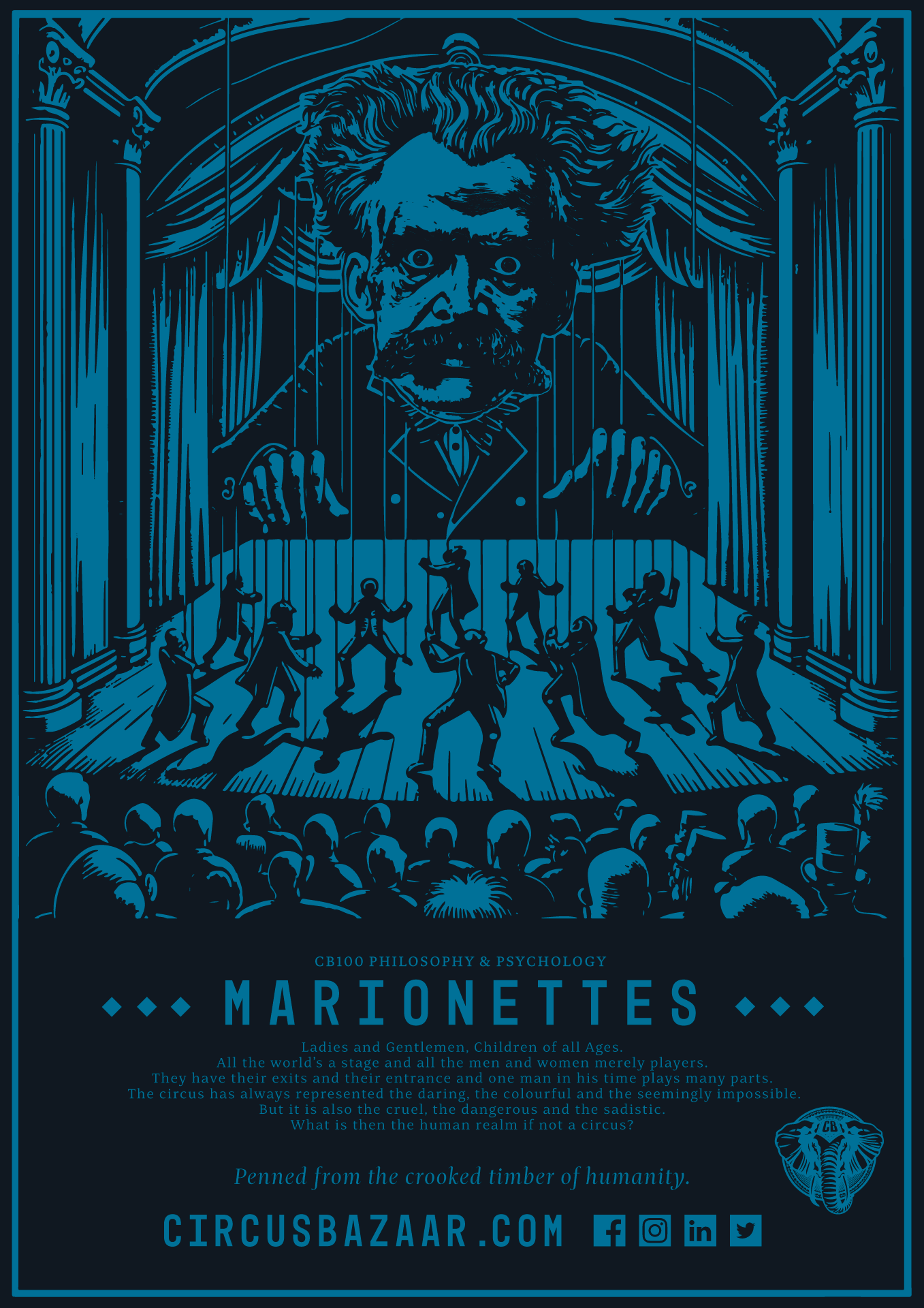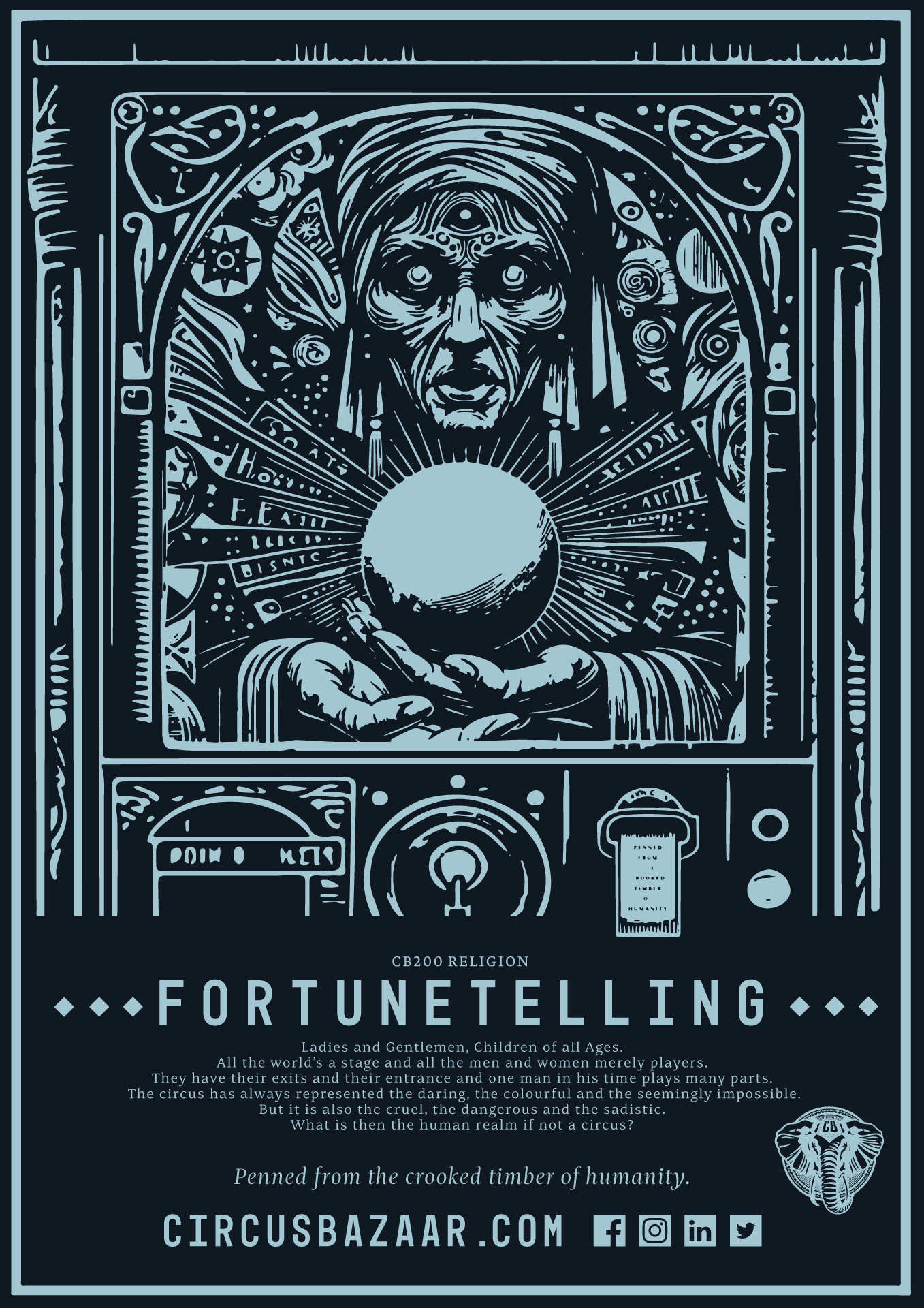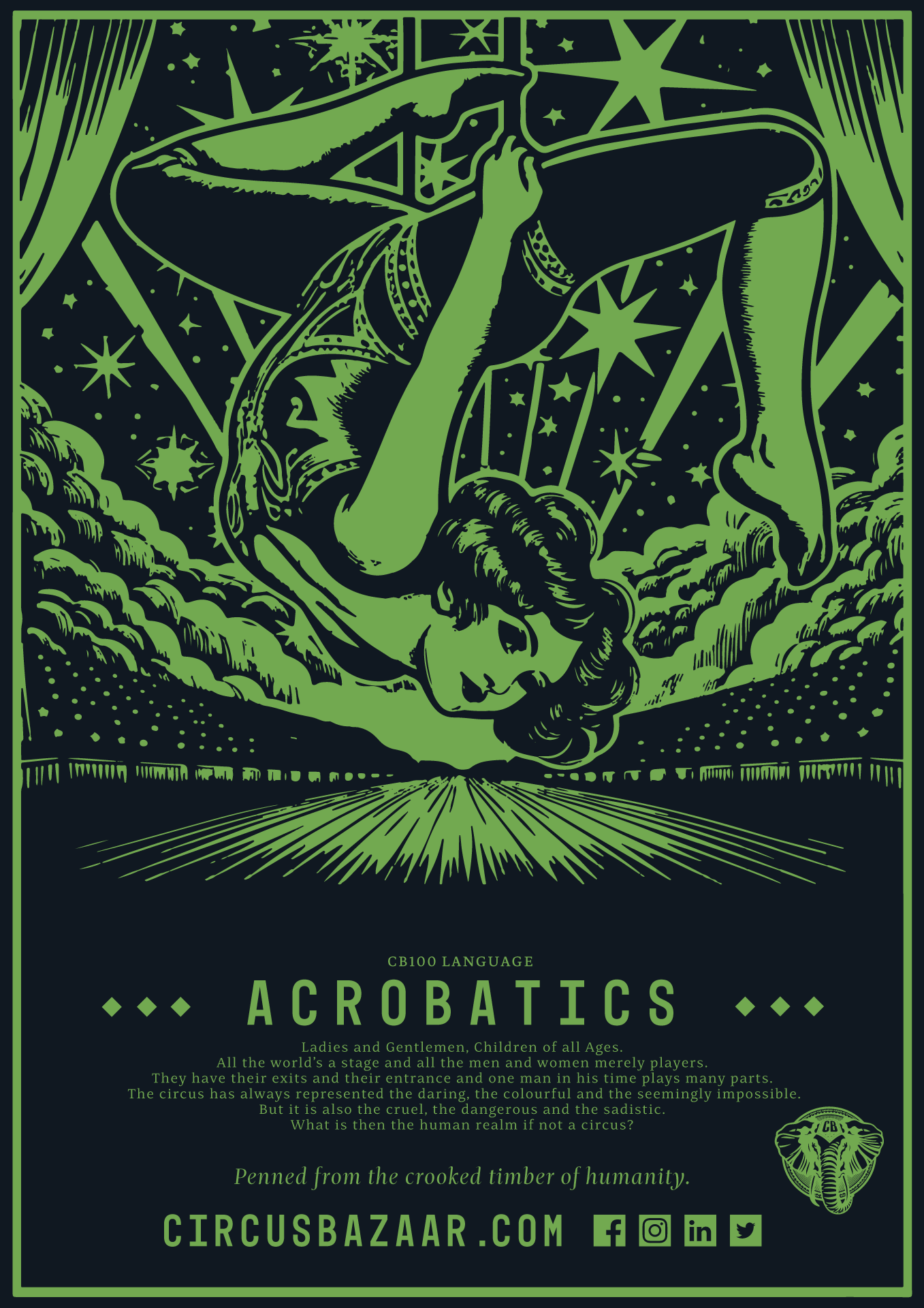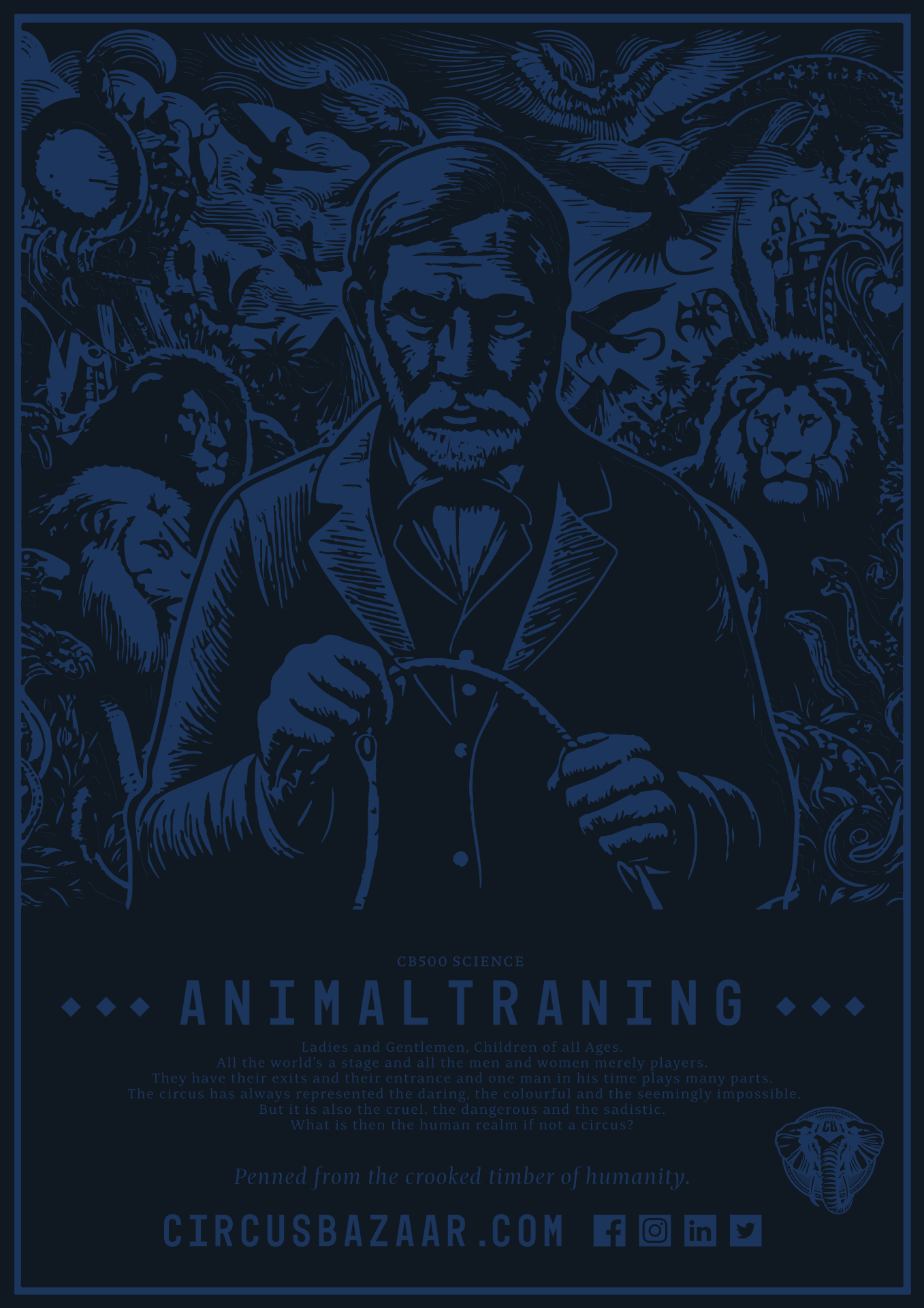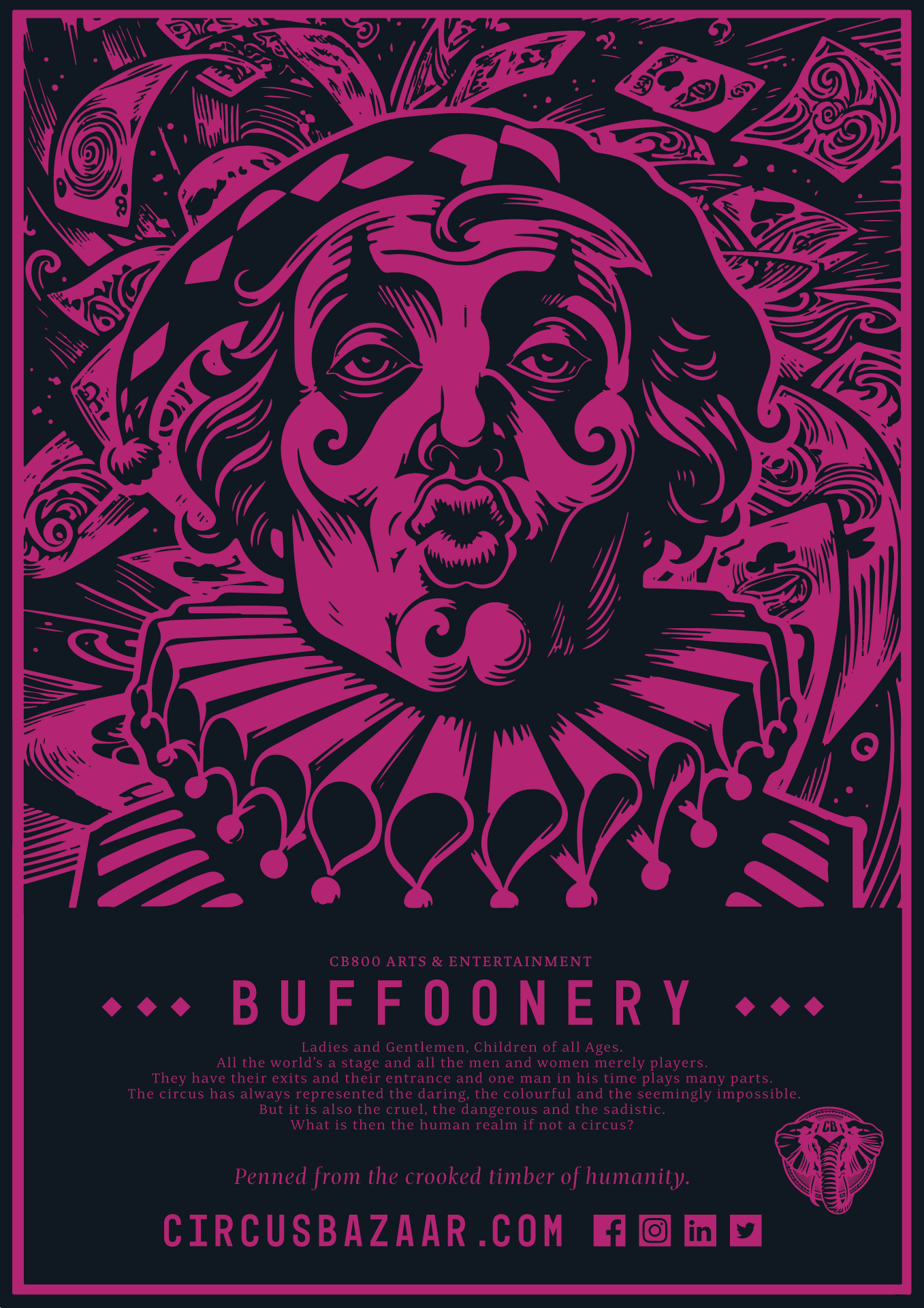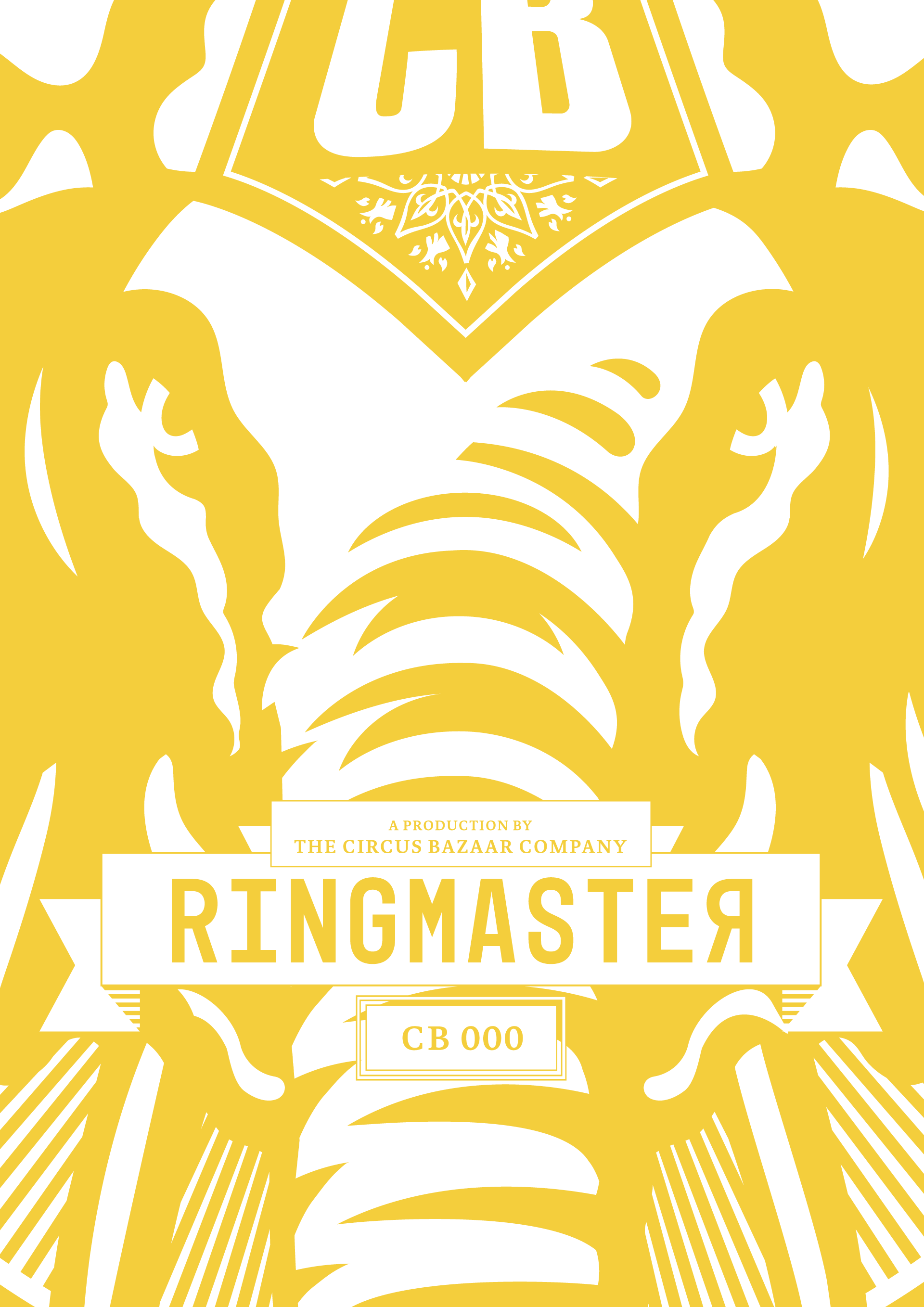While you may enjoy and experience pleasure when listening to music don’t make the mistake of thinking it’s making you smarter. It’s the dopamine.
[dropcap size=big]A[/dropcap] market exists in the consumers world where expecting and new parents wish to do everything they can to promote positive healthy development for their children. Reflect for a moment on conversations you have had with people. How often have you heard statements like ‘playing classical music to your baby will make them smarter’ or variations on this. I have often mused ‘what is the origin of these broad reaching statements?’
The year was 1993 and the research popularized as The Mozart Effect was published. The subjects, more than 35 adults, were given one of three standard tests of abstract spatial reasoning after experiencing three listening conditions. The listening conditions were – a sonata by Mozart, verbal relaxation and silence.
The Stanford-Binet IQ test was used to measure the effects of the listening conditions. The tests indicated that there was an enhancing effect of increased IQ after listening to a Mozart Sonata, however, this enhancing effect did not extend beyond 10-15 minutes and was related only to spatial-reasoning performance. Spatial-reasoning performance relates to a person’s ability visualize patterns and manipulate them mentally in a time ordered sequence. What the research didn’t show is that playing classical music to infants will have long term effects and increase their IQ. To be clear and succinct – there were no infants in this study and they did not conclude that someone can increase their IQ by listening to Mozart.
Professor Martin Westwell the inaugural Director of the Flinders Centre for Science Education in the 21st Century was asked for comment regarding his thoughts on the popularised ‘Mozart Effect’. “Numerous studies have convinced me that there is no Mozart Effect. It seemed plausible and was certainly appealing and for many of us that’s when we stop paying attention! Scientists had a look under the surface and there is clearly nothing there to back up the claims. It has been thoroughly debunked. “
In the late ninety’s a study with a different cohort, different measures and different controls shed some light on the positive effects of music, however, music in this case refers to keyboard lessons. This time the study group was pre-school children who had keyboard lessons over a period of six months. The lessons focused on pitch intervals, fingering techniques, sight reading and so on. What they found is that these children’s spatial reasoning increased by 30% compared with that of the control group who given either computer lessons or none at all. It’s not surprising that these effects were attributed to the length and exposure of music and more importantly the plasticity of the young brain.
The connections in the brain are malleable, much like plastacine. The saying ‘practice makes perfect’ is true. Neuroplasticity confirms this. New pathways are developed and strengthened through mental and physical repetition and exercise. This is true for all ages. On music lessons Professor Westwell had this to say: “Learning music clearly does have specific positive effects on children’s learning and development. Learning music is a long, effortful road and the rewards are worth it; despite the appeal, the quick fix is not.“
Listening to music can and will invoke emotional arousal. The neurotransmitter Dopamine is intrinsically linked to the pleasure/reward centers in the brain. The results of a recent study by a group of Montreal researchers indicate that intense pleasure in response to music can lead to dopamine release…
The Study discusses that the brain, set off by specific cues in the music signals that a pleasurable phrase in a song is coming. When it does it triggers expectations of euphoric emotional states and create a sense of wanting and reward prediction. Fair to say, like a user of narcotics or other psychoactive chemicals. While you may enjoy and experience pleasure when listening to music don’t make the mistake of thinking it’s making you smarter. It’s the dopamine.
As with all development the most important ingredient is the process, not the product. In this case the product parents are aiming for is high IQ, well-adjusted University graduates. I applaud these parents wanting the best results for their children. I question the need to spend $59.95 on the Mozart Effect series and those responsible for overstating the effects of the product.
After doing your own google search if your still hung up on the Mozart Effect, download Mozart’s sonata for two pianos (K448), and put that money you were thinking about spending on all these ‘well researched’ infant ‘toys’ aside for music lessons which are more likely to have a positive effect in the long term, however statistically insignificant.
The discussion on unnecessary products designed for infants and children will be reserved for another day.




